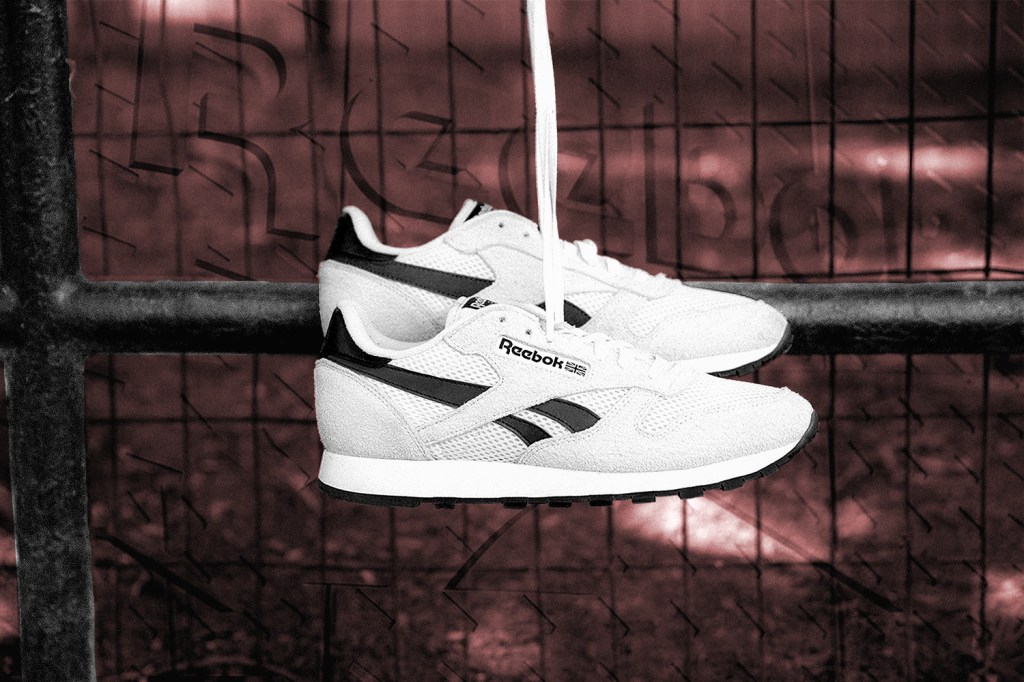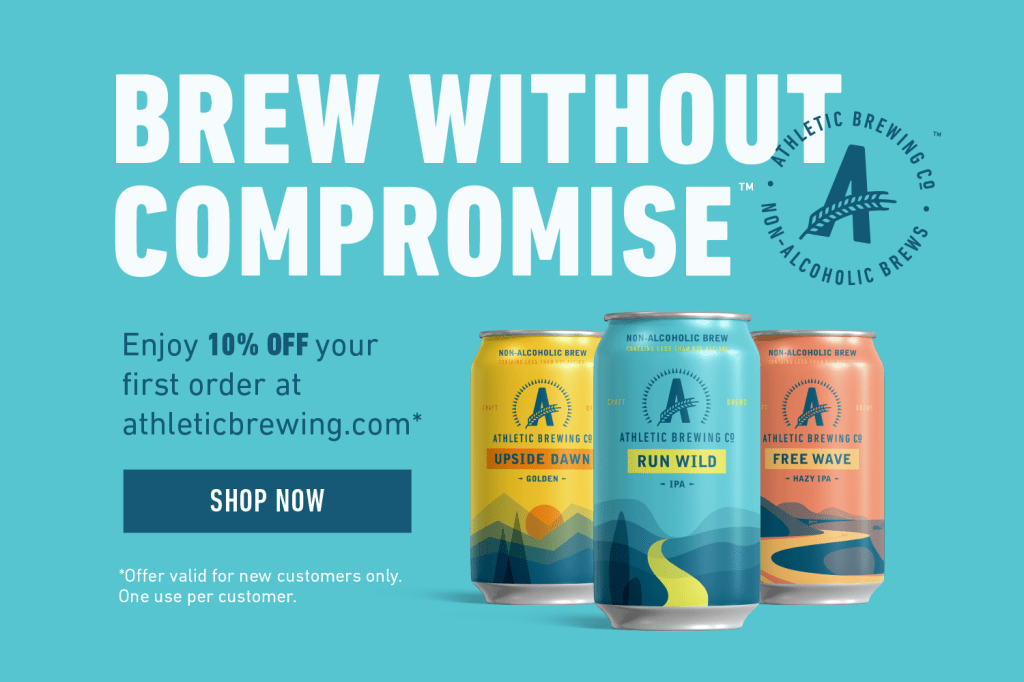A $1.34 billion dollar loss has never felt so sweet.
At least, that is what one can only imagine the execs at Adidas are thinking after they announced on August 12 that they would be selling off the formerly iconic athletic brand Reebok to Authentic Brands Group.
The deal was for a reported $2.46 billion — a steep discount to the original purchase price of $3.8 billion back in 2006.
The transaction represents a proverbial waving of the white flag for Adidas. Yet there is still hope for Reebok.
ABG has the business model to turn Reebok around. Having recently placed bets on Lucky Brand and Brooks Brothers during the pandemic, CEO Jamie Salter says that he’s looking for strong brands with real estate exposure and international footprints. Reebok fits the mold.
With ABG also announcing plans to go public at a $10 billion valuation, the acquisition of a brand with as much baggage as Reebok could be cumbersome. Slater, however, is confident that the acquisition will be accretive to the company, which employs an asset light model of owning the equity in consumer brands and working with partners to execute on supply chain management.
A redistribution of ABG resources along with a heightened focus on the nostalgic nature of the brand could be the ingredients to a winning strategy for Reebok.
What The Heck Happened?
In what can only be described as a “swing and a miss” from an M&A perspective, Adidas fought valiantly to bring the former footwear giant to consistent profitability. Post-acquisition in 2006, Reebok’s revenue curve looked more like a roller coaster than the desired “up and to the right” graph Adidas would have hoped for.
However, Reebok was finally seeing the light at the end of the tunnel. It returned to profitability in 2018 and even saw sales growth in 2019. Then, the pandemic — a black swan event that spelled doom for many of the world’s retailers and sent Reeboks revenues spiraling to the tune of a 22% decline.
Adidas announced in early 2021 that it was looking to fully divest from the once lauded brand and thus the fire sale began. Sycamore Partners, Wolverine Worldwide (parent company of Sperry’s, Saucony, and Merrell), Cerberus Capital Management, CVC Capital, and Advent International were all — at one point — at the table.
Adidas Steps In
In 2006, the thesis for an Adidas-Reebok merger made perfect sense. While Adidas was competing favorably with Nike on its home turf in Europe, the company was losing market share in the U.S.
At the time of acquisition, Adidas had only 9% of the total $9 billion U.S. shoe market — Reebok owned 12% and Nike held a whopping 35%. While the merger effectively doubled Adidas’ market share in the States, a key factor in the deal was that the two brands would be maintained separately in order to retain brand integrity.
Big mistake.
Out of the gate, Reebok’s performance was, uh, lackluster at best. From 2006 through 2010, the company’s revenues linearly declined from 4.7% of total Adidas’ revenues to 2.6%. There was a brief glimmer of hope from 2010 to 2011 when Reebok was able to grow sales from $1.5 billion to just over $2 billion, regaining the confidence of Adidas head brass. That is, until the Federal Trade Commission got involved.
At the end of 2011, the FTC forced Adidas to pay customers back $25 million for what it dubbed deceptive marketing tactics. The misleading marketing tactics were related to the company’s shoes that supposedly “helped tone” an individual’s buttocks. You can’t make this stuff up.
Then everything dovetailed with the end of the licensing agreement between Reebok and the NFL — one of the brand’s few bright spots.
A foray into the fitness space with a Crossfit licensing deal and a push to divest its existing U.S. infrastructure in large outlet stores proved to be too little too late.
The aforementioned push to profitability in 2018 was driven mostly by large-scale consolidation and not any form of product innovation. The company moved to a single centralized hub in Boston and shuttered 35 of its brick-and-mortar locations.
The experiment failed.
Why It Failed
Having lost much of the momentum from the ‘80s and early ‘90s, Reebok struggled in three main areas: low profit margins, too many products, and too many distractions from its core product suite.
While from the outside, with the likes of Allen Iverson and Shaquille O’Neal touting the brand, the situation may have seemed well and good — internally, Reebok was hemorrhaging money. The company saw its highest sales and best margins on athletic apparel, but the expansion into too many channels drove margins down to 7% compared to Nike’s 15% in 1997.
Reebok didn’t need runway to grow, it needed to have its hand held. In 2015, we saw the potential for what could have been as Kasper Rorsted took the reins from former CEO Herbert Hainer. An aggressive strategy to downsize plus an emphasis on the core the product almost righted the ship in 2019.
Now, Reebok will be relegated to the land of misfit toys that is the ABG’s collection of brands.
How ABG Could Make It Work
ABG plans to apply a model known as Sparc that it developed with Simon Property Group, the country’s largest mall operator.
The model is a joint venture where Sparc is able to purchase large quantities of retail and spread those fixed costs across the collection of brands owned by ABG. This allows the companies to each leverage their respective core competencies — real estate and brand building.
A similar model will be applied to the Reebok purchase. Reebok will still be responsible for all of the design and shipping to their existing manufacturers. However, with the assistance of ABG, Reebok will be able to bypass the third-party licensee which would traditionally receive a percentage of the sales. This will all be accomplished through a new entity known as Reebok Design Group.
On the flip side, ABG will not hold or ship any inventory, but instead control distribution and eliminate the middleman. ABG will be responsible for selecting specialty retail where Reebok will go “narrow and deep.”
The ultimate goal with the new structure is to increase margins — substantially. The licensing model which ABG has employed with its other salvaged brands is tried and true across industries, not just for ABG.
While predicting an outcome could be a fun exercise, it’s unnecessary thanks to the company’s recent IPO announcement. Markets will determine whether or not they believe in the new business combination. Personally, I think they just might be onto something.



